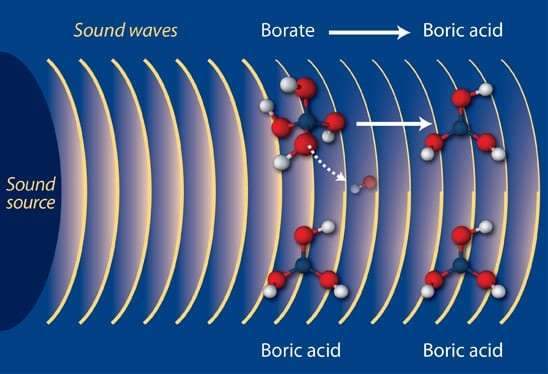Listen Up: Ocean Acidification Poses Little Threat to Whales? Hearing
October 11, 2010
Contrary to some previous, highly publicized, reports, ocean acidification is not likely to worsen the hearing of whales and other animals, according to a Woods Hole Oceanographic Institution (WHOI) scientist who studies sound propagation in the ocean.
Tim Duda, of WHOI’s Applied Ocean Physics & Engineering Department, undertook a study in response to warnings that as the ocean becomes more acidic—due to elevated levels of atmospheric carbon dioxide (CO2)–noise from ships will be able to travel farther and possibly interfere with whales and other animals that rely on sound to navigate, communicate, and hunt.
Duda and WHOI scientists Ilya Udovydchenkov, Scott Doney, and Ivan Lima, along with colleagues at the Naval Postgraduate School, designed mathematical models of sound propagation in the oceans. Their models found that the increase would be, at most, 2 decibels by the year 2100—a negligible change compared with noise from natural events such as storms and large waves. Noise levels are predicted to change even less than this in higher-noise areas near sources such as shipping lanes, Duda said.
Their work is published in the September 2010 issue of the Journal of the Acoustical Society of America.
The story appears in the current on-line issue of WHOI’s Oceanus Magazine.
The Woods Hole Oceanographic Institution is a private, independent organization in Falmouth, Mass., dedicated to marine research, engineering, and higher education. Established in 1930 on a recommendation from the National Academy of Sciences, its primary mission is to understand the oceans and their interaction with the Earth as a whole, and to communicate a basic understanding of the oceans’ role in the changing global environment.

